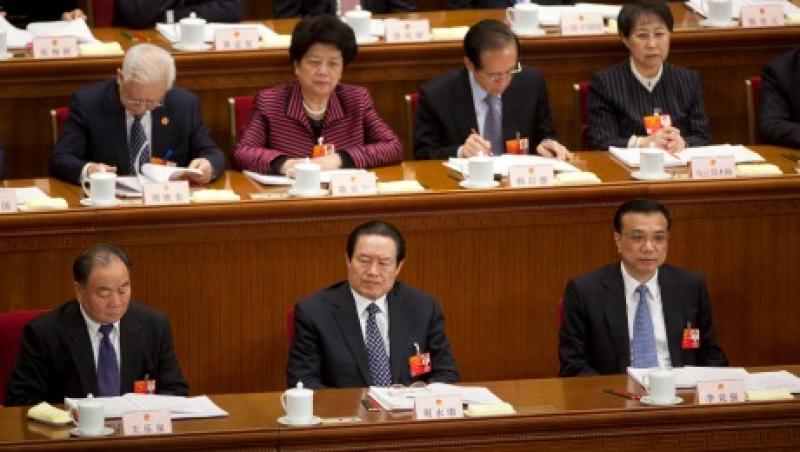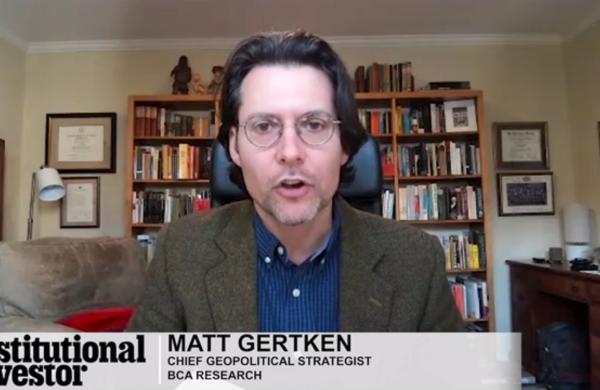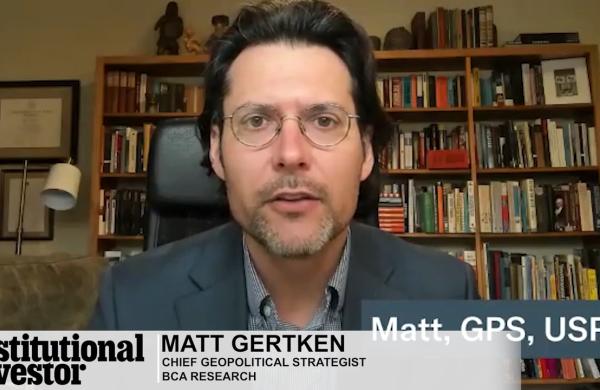These days, Chinese President Xi Jinping is a busy man in a take-no-prisoners state of mind. And this is exactly what China needs. During the first half of 2014, Xi’s people have arrested more than 60,000 bureaucrats in its investigations of corruption. What brought China close to a crisis in 2012 was not accounting fraud, excess bank lending or punk earnings. Pure and simple, it was runaway corruption and runaway greed.
That is all changing. People are more than a little scared now and are toeing the line. Former security chief Zhou Yongkang, whose untouchability was once considered to rival that of J. Edgar Hoover, the mid–20th century director of the U.S. Federal Bureau of Investigation, is under virtual house arrest and is being investigated by a Communist Party body. His hoard of wealth, worth more than $15 billion, will be returned to the state. Other cases like this are coming down the pike. This overdue attention to illegal activity at high levels is a very bullish sign that corruption is China’s Public Enemy No. 1.
Xi’s anticorruption drive has scared not only bureaucrats but also businessmen, who now are on notice that there can be severe consequences for white-collar crime. This is a long overdue development, one that is good for Chinese markets. Shareholders will not return to the financial markets until they are confident there is a level playing field that is being monitored and regulated.
The crackdown on corruption is only one side of the coin. Xi is also moving ahead with efforts to liberalize China’s financial markets. Last November, the Third Plenum of the Communist Party’s 18th Central Committee endorsed further liberalization, building on the principles in the 12th Five-Year Plan, outlined and endorsed in 2011. Both point to more aggressive moves to spread securitization and deepen the capital markets. This liberalization is now baked into the Chinese cake. There is no going back.
The foundation of this plan is very simple. China’s Achilles’ heel is that unsecured bank credit is about 40 percent of total capital circulating throughout the system. (The other types of capital are equity, corporate debt and government debt). The only other countries at these levels are in Eastern Europe. The global average is 20 percent. This dependence on bank credit must fall to below 30 percent in the next few years.
There are three ways for China to do this. The first is municipal bonds. The second is asset management companies. And the third is securitized debt. These three arrows are intended to turn short-term loans into long-term securities that are tradable and allow for price discovery. These assets will offer a more transparent picture of the underlying health of the system, provide the makings of a yield curve and allow the renminbi to be priced and, therefore, tradable. Without a fixed-income yield curve, there can be no free-floating currency.
China currently has no municipal bond market, no real estate investment trusts, no derivatives and no securitized debt. It is a pure market for both bank credit and equities worth 50 percent of gross domestic product, one of the lowest ratios globally. So there is plenty of scope to create a mature and robust capital market. Key vehicles for developing such a market are the four state-owned asset management companies (AMCs). One of them, Cinda, which launched an IPO in Hong Kong late last year, is now busy restructuring debt, consolidating assets and turning around companies. It has a vast capacity to take on more troubled assets as its leverage ratio (assets divided by equity) stands at 3. Compare this with a global average of 15 for financials. Cinda is guaranteed bond funding at low rates from the Ministry of Finance until 2020. And the company has the best reputation of the four AMCs.
Then we have municipal bonds, which is a way to turn local government funding vehicles into long-term, tradable and transparent bonds that can be bought by the growing pension and insurance funds that do not want equity. That institutions like CITIC Securities will be active on this front makes Chinese municipal bonds all the more interesting. New-economy companies like Alibaba Group? will also have a big role in selling these to the public.
The third arrow is securitization. Let’s take the Agricultural Bank of China as an example. ABC removes a loan from its loan book and transfers it to an issuing vehicle, such as a trust like CITIC Trust Co. ABC retains a legal interest in the company. The trust vehicle can be rated by a ratings agency, and this vehicle can then issue a tradable security against the debt to the public. Indeed, ABC has been the guinea pig the past three months. It issued 2 billion yuan ($325 million) worth of asset-backed securities, with yields of about 6 percent. All three tranches were oversubscribed. China International Capital Corp. and CITIC Securities, which is in the center of all the traffic on capital market development for the next three years, were the main underwriters.
It is still early days. But if one reads the 12th Five-Year Plan carefully — and we should — there will be a large, liquid and tradable market in China for fixed-income securities by 2017. Don’t miss it. This will be the world’s second-biggest fixed-income market, after the U.S. Once it’s up and running in China, you can say you were there.
Paul Schulte is the CEO and chair of Schulte Research, a Hong Kong–based consulting firm that researches emerging-markets banks, credit and liquidity. He is also an adjunct assistant professor at the University of Hong Kong and the Hong Kong University of Science and Technology and a senior fellow at the Fletcher School of Law and Diplomacy at Tufts University.
Get more on emerging markets.






